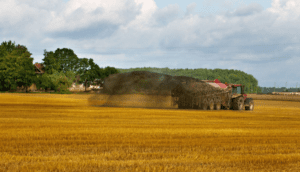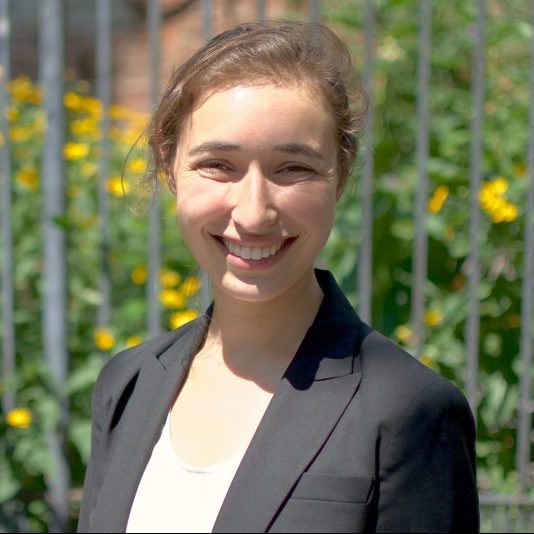The Hidden Dangers of Biosolids
 When we enter a grocery store, we assume that the produce we are about to buy is healthy and safe for ourselves and our family. However, we don’t think about the pollutants that are transferred to produce through biosolids, a fertilizer made from treated municipal wastewater.
When we enter a grocery store, we assume that the produce we are about to buy is healthy and safe for ourselves and our family. However, we don’t think about the pollutants that are transferred to produce through biosolids, a fertilizer made from treated municipal wastewater.
Biosolids, or sewage sludge, are the treated solids that are separated from the massive quantities of sewage waste created by Americans each day. Nearly half of biosolids are treated to kill pathogens and are then spread on farms, pastures, and wildlands.
Unfortunately, there is little federal regulation to ensure the safety of biosolids. EPA has currently identified more than 350 pollutants in biosolids, but has only regulated nine. As a result, biosolids carry a variety of persistent and toxic chemicals, like per- and polyfluoroalkyl substances (PFAS), which can threaten our food supply and can contaminate our water sources.
Research has shown that plants grown in soil with biosolids have higher levels of PFAS, which can impact all parts of the plant including the roots, shoots, and fruits. Eating PFAS contaminated crops has the potential to cause adverse health effects in people and livestock. In Maine, organic farmers suspended their operation after learning that PFAS-tainted biosolids were previously used on their property and that their soil, drinking water, irrigation water, crops, chickens and blood were contaminated.
Despite this, biosolids are often marketed as an “all-natural” and “organic” fertilizer for farms and home gardens. Even more concerning is that state, local, and municipal governments promote biosolids as a valuable soil conditioner, a beneficial resource, and good for the environment.
EPA has stated that the agency is working on a risk assessment of two PFAS in biosolids by 2024. Yet, that will not prevent the hundreds of pollutants from entering our food chain and our environment. PEER continues to push the agency to take bold and decisive action to protect human health and the environment from toxic biosolids.
 Monica Mercola is PEER’s staff counsel.
Monica Mercola is PEER’s staff counsel.